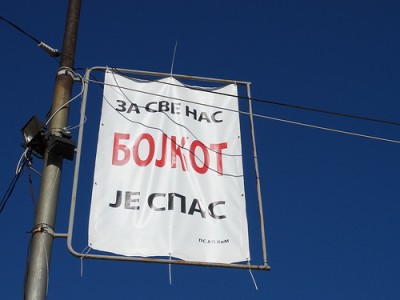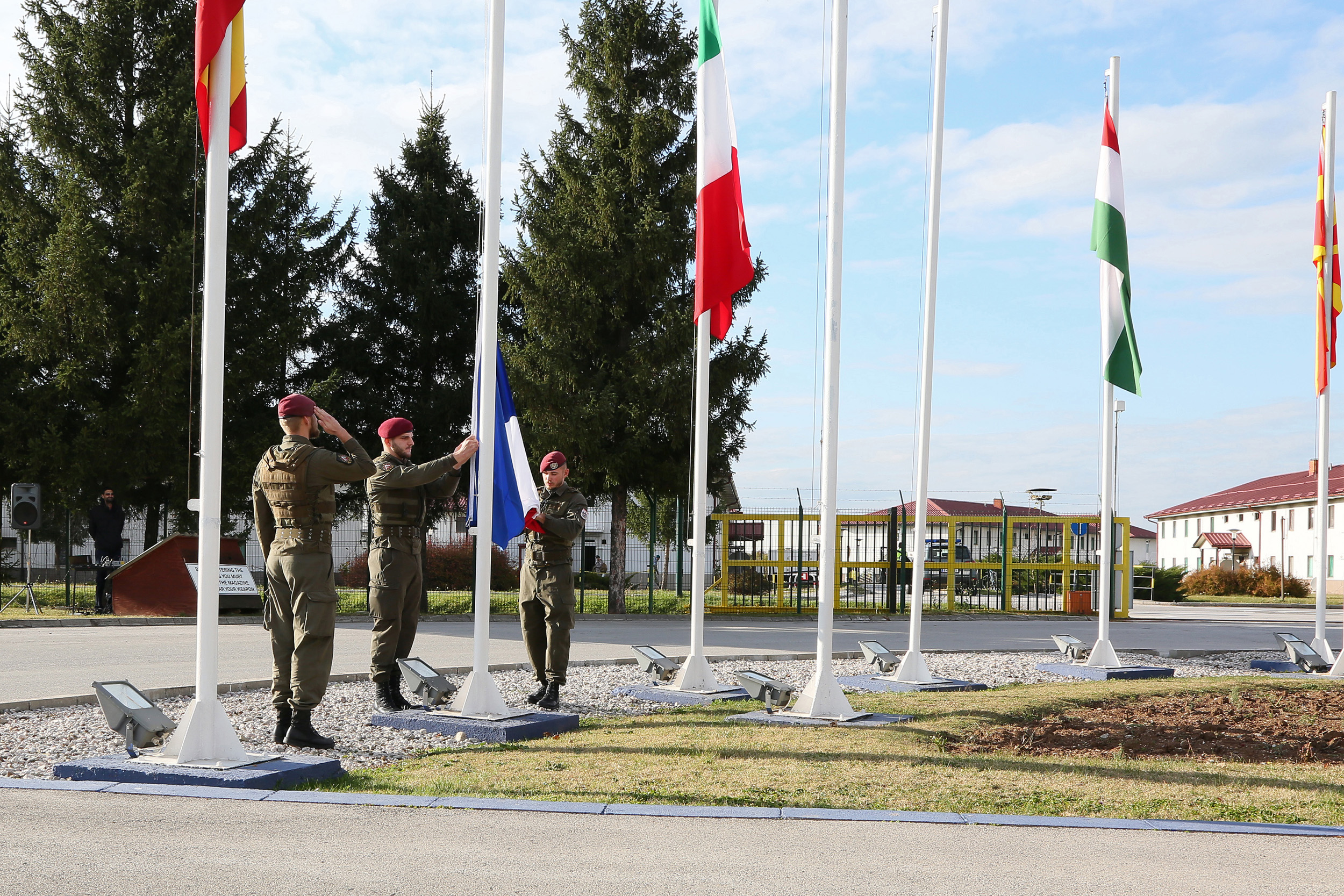Kosovo. Please go vote!

(BRUSSELS2) "All citizens are invited to participate in Sunday's polls. Participation is the only way for citizens to be heard" recalls the High Representative of the European Union for Foreign Affairs, Catherine Ashton, a few days before the municipal elections in northern Kosovo. Considered as the barometer of relations between Serbia and its former secessionist province, these elections constitute a true test of the viability of the so-called "April 19" agreement (*), concluded under the aegis of the European Union, between the Serbia and Kosovo. “It will be a sign of our commitment and the commitment of both parties to the April agreement” insisted the High Representative in a press release. The European Union is of course on the alert!
A proactive European policy
After the opening of negotiations on the Stabilization and Association Agreement (SAA) at the beginning of the week in Pristina (Monday 28 Oct), the European Union announced on Thursday the release of 15 million euros within the framework of the Instrument for Pre-Accession Assistance (IPA) in favor of Serb-majority municipalities for the whole of Kosovo and particularly the North. And that's not all. "Additional funds may be allocated during the process" declares the European Commission in a press release (Kosovo's annual pre-accession budget currently amounts to 65 to 70 million euros).
A tense climate
These elections, a new step towards the integration of the Serbs of Kosovo in the country with an Albanian majority, are particularly contested, as much by the Albanian population as by the Serbs. On 7th October the Serbian and Kosovo Prime Ministers concluded an agreement under the leadership of the European Union in order to avoid any ban on the campaign of Serbian politicians in the north of Kosovo before the municipal elections. But on the ground, the climate remains extremely tense between the two ethnic groups, while the electoral campaigns see Albanian and Serbian candidates clash. In recent months, many disturbances have been observed, including minor attacks.
Avoid the boycott
The fear of a boycott - relayed by local calls - remains palpable. The two Prime Ministers therefore went to the front. On 21st October the Serbian Prime Minister, Ivica Dačić, undertook to promote the holding of the municipal elections, a necessity in order to initiate his application for membership of the European Union. But also "to achieve international recognition of the existence of the Community of Serbian Municipalities", stressed Friday, Aleksandar Vucic, Serbian Deputy Prime Minister, traveling to Kosovo. For his part, the Kosovar Prime Minister, Hashim Thaci, on Thursday welcomed the elections in which "for the first time all the communities of Kosovo". A European Election Observation Mission was deployed in September; nearly 99 European observers are on site to ensure the smooth running of the electoral process.
(*) In accordance with the agreement of April 19, 2013, Serbia, in exchange for guarantees of security and autonomy offered to a "Community of Serbian municipalities" in Kosovo, has undertaken to dismantle the "parallel" structures that it maintains in the north of Kosovo in several areas including the police, intelligence and justice.



Comments closed.